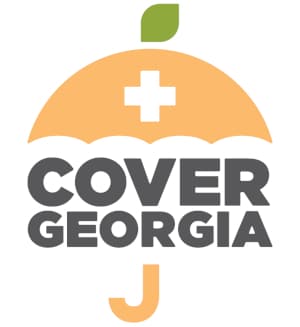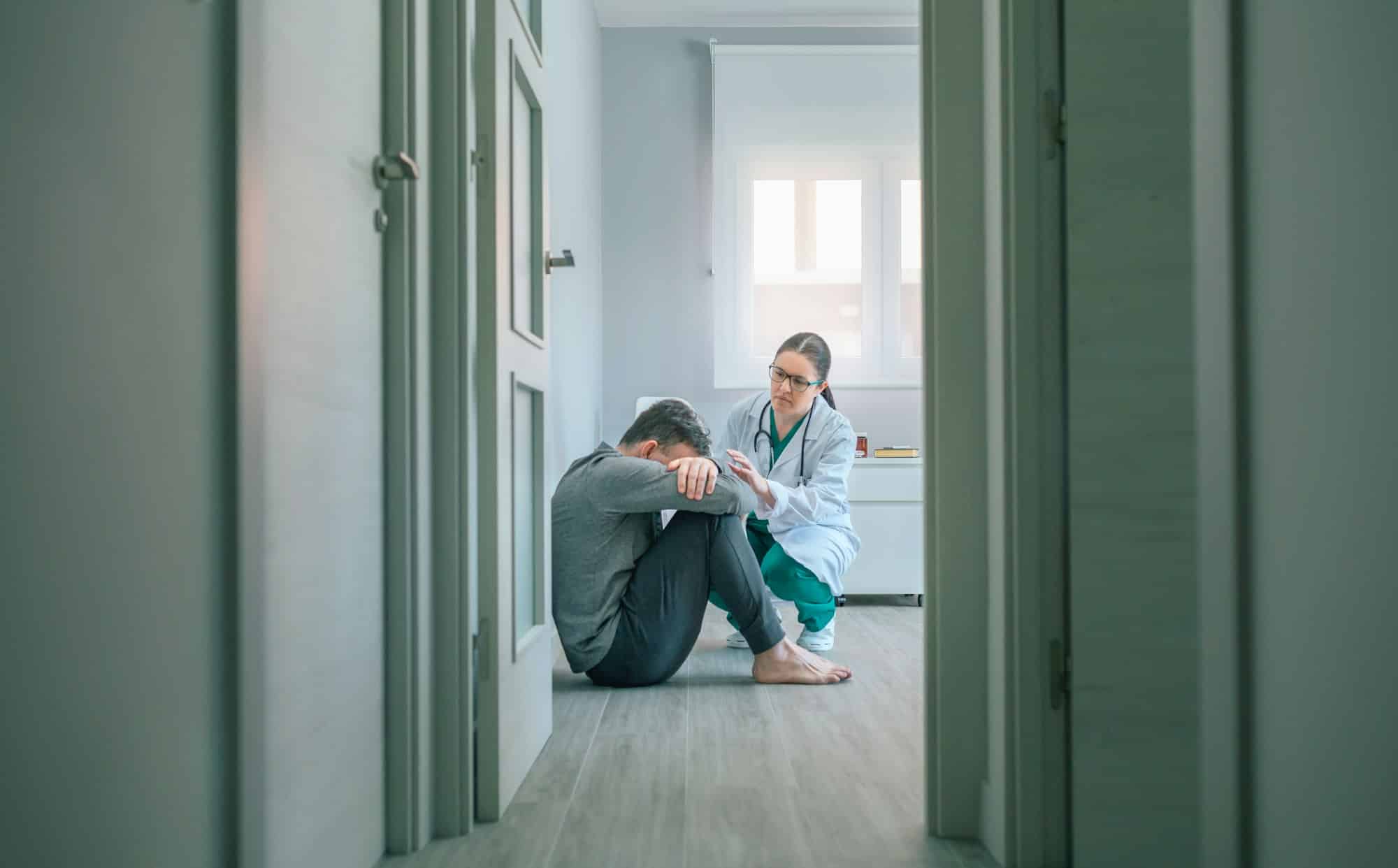September is recognized as National Suicide Prevention Month
One in four uninsured Georgians who also have low-incomes have a mental illness and/or addiction to drugs or alcohol. Right now, these Georgians often cannot access health services to help them recover except through our state’s limited mental health safety net. These Georgians–our friends and neighbors–could be covered and find better help if Georgia leaders expanded Medicaid to low-income adults.
Georgia ranks 48th in access to mental health care compared to other states. One of the contributing factors to our poor ranking is that so many Georgia adults are uninsured because our state leaders have failed to expand Medicaid. Too many Georgians in need of recovery services are not receiving them simply because they can’t afford them without health insurance like Medicaid.
Mental illness and addiction are diseases for which most people need treatment to get better. In a state with rising rates of mental distress and overdoses, there’s no way to effectively address our mental health & addiction challenges without making sure all Georgians have access to health care & recovery services.
What would happen if Georgia’s closed its coverage gap by expanding Medicaid? Medicaid expansion could significantly strengthen behavioral health treatment and services in Georgia and open up more access for Georgians. Many more Georgians would be able to see doctors and counselors who can provide quality treatment and supports so they can heal and recover. Newly insured Georgians could also seek medical treatment for health conditions that might be making their with mental health or substance use conditions worse (like chronic pain).
Gov. Kemp’s new Pathways Medicaid program does not help Georgians with mental health or substance use conditions. These Georgians are among the many who are left out and left behind by Pathways. Pathways rules do not list time spent in recovery programs and receiving other health services as “qualifying activities” that would enable a person to enroll in Medicaid. Even if that were the case, the person would have to find a recovery program that would allow them to participate while they are uninsured at least a month before they could apply and enroll in Pathways. That just doesn’t reflect reality. Pathways will leave low-income Georgians with mental health or substance use conditions largely uninsured and unable to access services. (To learn more about the Pathways program, check out our blog here.)
Medicaid expansion would improve health and keep families whole. The data from 40+ other states is clear. States that expanded Medicaid have chosen to move forward, seen big increases in the number of people who access addiction recovery and mental health services. These kinds of treatment services keep families together by helping parents retun to healthy caregiving and keeping young adults healthy so their parents can see them grow and thrive. Just as importantly, recovery services can save lives by preventing suicide and overdose.
Join Cover Georgia and Doctors for America for a Medicaid expansion advocacy training!
Are you a health care professional or public health advocate who wants to learn how to be a better advocate for Medicaid expansion in Georgia?
Want to do more to learn more about Medicaid?
Find out who is already covered by Medicaid in Georgia, how Medicaid benefits our health care system, and much more with these resources:
- Medicaid renewals (also called “redeterminations”) are happening for all Medicaid members this year! Learn more on GHF’s landing page.
- Medicaid in Georgia
- Fast Facts for Medicaid Expansion
- Medicaid Matters for Georgia fact sheet
- Georgia Can’t Wait mini-documentaries about Glenwood & Cuthbert, Georgia
- Learn about Medicaid renewals and find resources to help spread the word to 2.7 Georgia Medicaid members!
Spread the word on social media! Share one of our Facebook, Twitter or LinkedIn posts and let others know that it’s time to take action on Medicaid expansion!

